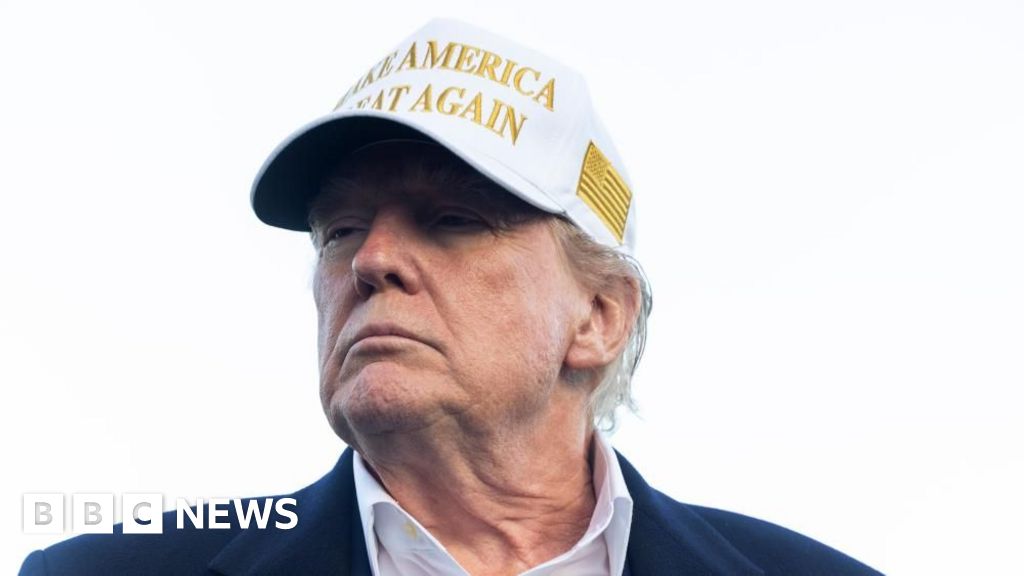Trump's Rapid Start: High Stakes and Potential Pitfalls

In a remarkable display of urgency and ambition, President Donald Trump wasted no time in implementing his agenda upon taking his second oath of office. Within just hours, he signed a multitude of executive orders and declarations, marking the beginning of what many are describing as a swift and transformative first 100 days in office. Trump, known for his unyielding drive, shows no signs of slowing down. The sheer volume of his actions in these early months has led some political analysts to view it as a meticulously planned strategy. This strategy was notably discussed by Steve Bannon, the controversial right-wing figure who served as an advisor to Trump during his first term. Bannon previously outlined a concept he referred to as 'flooding the zone,' which entails overwhelming the media with a barrage of news and actions to divert attention from critical issues. As Trump returns to the Oval Office, the media landscape is indeed inundated with his decisions, leading Bannon to declare the strategy a resounding success.
However, while Bannon celebrates the inundation of news, public sentiment appears less enthusiastic. According to a recent joint poll conducted by ABC News, the Washington Post, and Ipsos, Trumps overall approval rating is currently the lowest of any president in the past eight decades, raising questions about the long-term viability of his aggressive approach. Trump has dismissed these polls as 'fake,' attributing them to biased media outlets. Yet, as his administration embarks on this ambitious path, lingering concerns regarding his support base and potential challenges loom large.
As Trump charges ahead, there are several emerging scenarios that could threaten his ambitious agenda in the months ahead. One of the most pressing concerns revolves around his tariff policies, which he has long touted as a means to rejuvenate the American economy. Despite years of advocacy for tariffs as a solution to trade discrepancies, the reality of implementing such policies carries significant risks. In recent weeks, we have already witnessed Trump responding to plummeting global market conditions by announcing temporary pauses on certain tariffs. His recent conciliatory remarks toward China suggest a willingness to negotiate, yet the administration remains committed to imposing steep tariffs on imports from countries lacking trade agreements with the U.S. come July. The ambitious pledge to secure 90 trade deals in just 90 days raises eyebrows, as any failure to meet this target could lead to increased economic instability and further erode voter confidence.
Many of Trump's supporters appreciate his message of confronting nations that they believe have historically exploited the U.S., eagerly endorsing efforts to revitalize American manufacturing. However, this enthusiasm may clash with the realities faced by everyday Americans. A notable CBS News poll indicated that voters are increasingly concerned that the administration is overly fixated on tariffs rather than addressing the rising costs of goods. This disconnect between grand economic ambitions and the tangible impact on consumers could prove politically perilous, particularly if the nation were to slip into a recession.
Another significant concern lies within the realm of immigration policyTrump's hallmark issue. He has consistently enjoyed higher approval ratings in this area compared to any other policy domain. While a substantial portion of voters supports his aggressive stance on deporting undocumented immigrants, the administration faces legal challenges that could thwart its objectives. Recent court rulings have warned that some of Trump's actions may violate legal statutes, with cases like that of Kilmar Abrego Garcia advancing to the Supreme Court. Despite acknowledging mistakes in deportation procedures, the White House has shown reluctance to comply with judicial orders, raising the possibility of a constitutional crisis if the administration were to ignore a Supreme Court ruling outright.
The political landscape could shift dramatically if Trump chooses to defy the law, as public support for his immigration initiatives seems to be waning. A recent poll revealed a notable decline in approval ratings for his immigration policies, which could put pressure on Republican Congress members to confront Trumps actions. Thus far, GOP lawmakers have largely allowed Trump a free hand. However, it remains to be seen whether they will continue to support a president who disregards the law.

























